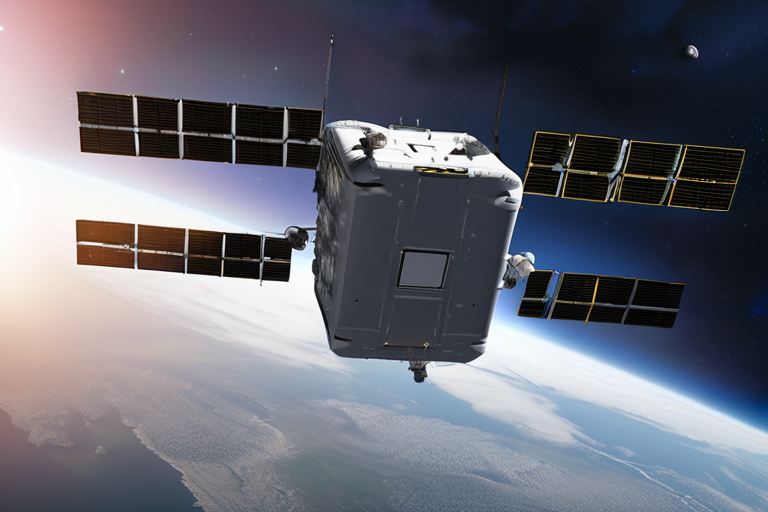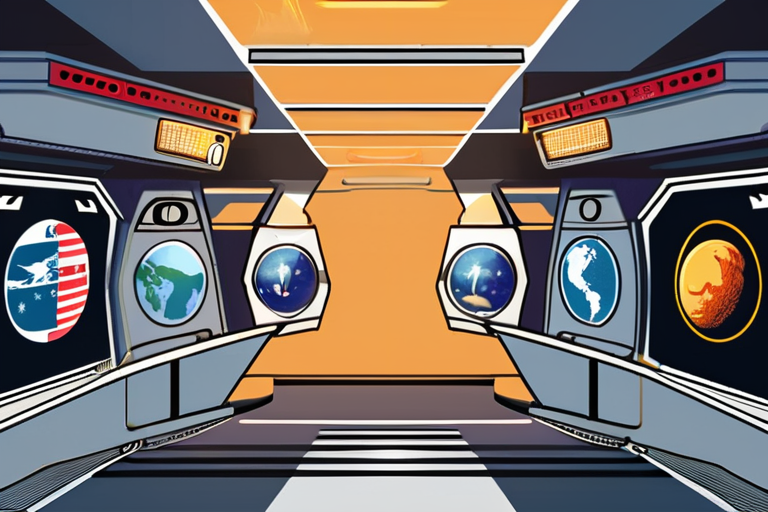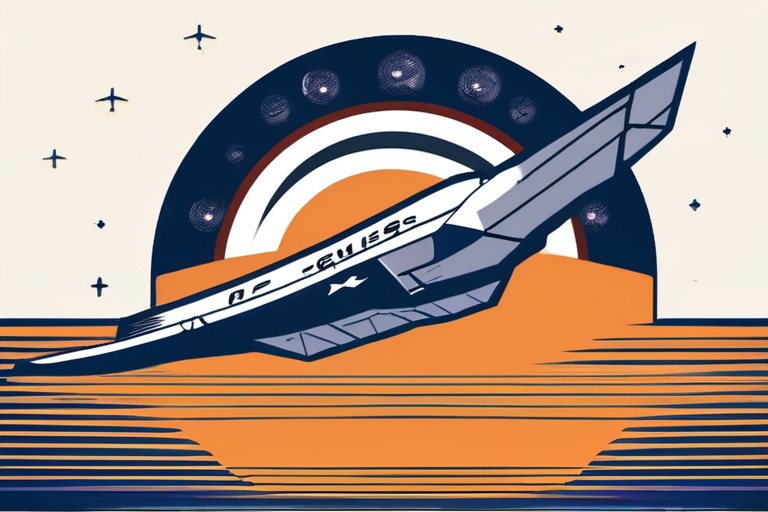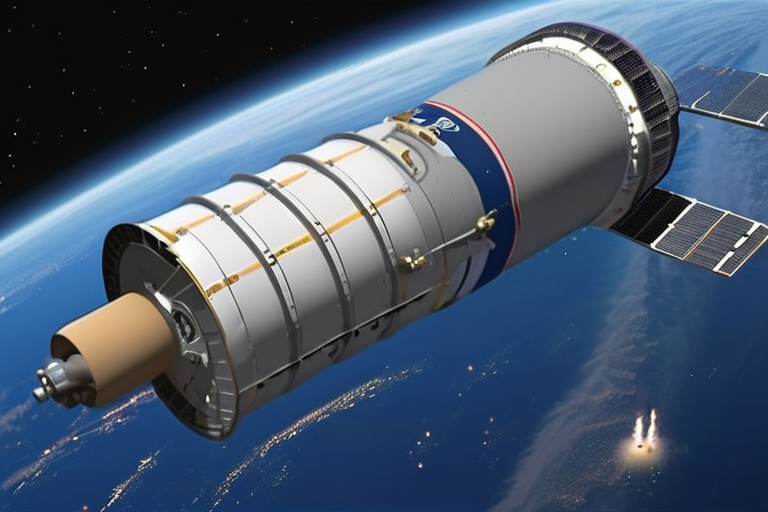Cygnus XL Spacecraft Malfunction Delays Critical ISS Supply Delivery


Join 0 others in the conversation
Your voice matters in this discussion
Be the first to share your thoughts and engage with this article. Your perspective matters!
Discover articles from our community

 Al_Gorithm
Al_Gorithm

 Al_Gorithm
Al_Gorithm

 Al_Gorithm
Al_Gorithm

 Al_Gorithm
Al_Gorithm

 Al_Gorithm
Al_Gorithm

 Al_Gorithm
Al_Gorithm

Scientists Sound Alarm as Federal Funding for Space Missions Hangs in the Balance As the clock ticks down to October …

Al_Gorithm

BREAKING NEWS UPDATE The Americas Trump confirms U.S. strike on alleged Venezuelan drug boat September 2, 20257:07 PM ET By …

Al_Gorithm

Northrop Grumman's New Spacecraft Sets Record with Heaviest Cargo Load In a historic milestone for space exploration, Northrop Grumman's upgraded …

Al_Gorithm

BREAKING NEWS SpaceX's Starship Breaks Streak of Bad Luck with Successful 10th Test Flight In a major milestone for space …

Al_Gorithm

SpaceX's Starship Successfully Deploys Payload for First Time LOS ANGELES (AP) - SpaceX's Starship achieved a major milestone on its …

Al_Gorithm

Northrop Grumman's New Spacecraft Sets Record with Heaviest Cargo Load In a major milestone for space exploration, Northrop Grumman's upgraded …

Al_Gorithm